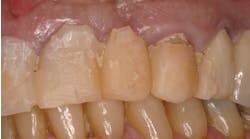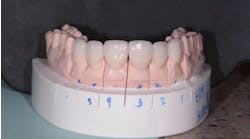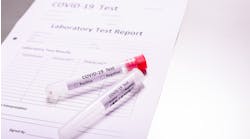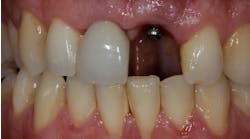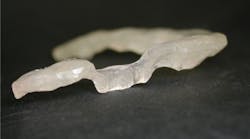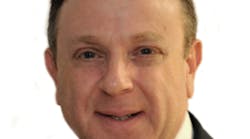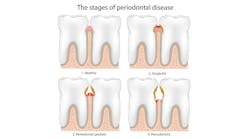There are hundreds of clinical trials of cell therapy currently underway, but simple cell infusions lead to large-scale cell death, little control over cell fate, and a typically poor clinical outcome.
In contrast, biomaterials can be used to serve as cell carriers or attractors of host cell populations, and to then program the cells in vivo. Dr. David J. Mooney will discuss the potential of biomaterials to regulate cell biology in processes as diverse as tissue regeneration and therapeutic cancer vaccines in the keynote lecture, “Controlling biology with biomaterials: from bone regeneration to cancer vaccines” from 1 to 2 p.m. on Thursday, March 13, 2014, at Boston University Henry M. Goldman School of Dental Medicine’s Science Day in Hiebert Lounge, 72 East Concord Street, 14th floor.
RELATED |Guided tissue regeneration: background to current indications and applications
Science Day is a research celebration featuring posters and oral presentations by pre- and postdoctoral dental students, postdoctoral fellows, and faculty and staff. A dental vendor exhibition runs in conjunction with the research presentations. The event is free and open to the public.
ADDITIONAL READING |Periodontal tissue differentiation of stem cells expected to enhance axonal growth for nerve injury repair
Dr. Mooney is the Robert P. Pinkas Family Professor of Bioengineering at Harvard School of Engineering and Applied Sciences. He is a Founding Core Faculty Member, Platform Lead, Programmable Nanomaterials at the Wyss Institute for Biologically Inspired Engineering at Harvard.
His laboratory is focused on the design and synthesis of biomaterials that regulate the fate of either cells already resident in the body, or transplanted cell populations.
ADDITIONAL READING |The use of stem cells in dental implant site development
Dr. Mooney earned a BS in chemical engineering at the University of Wisconsin and PhD in chemical engineering at the Massachusetts Institute of Technology. He is a member of the National Academy of Engineering and the Institute of Medicine of the National Academies. He has won numerous research awards, and received the Phi Beta Kappa Prize for Excellence in Undergraduate Teaching and the Everett Mendelsohn Excellence in Mentoring Award from Harvard College. His inventions have been licensed by 11 companies, and he is active on industrial scientific advisory boards.
For more information about Science Day, click here.
SOURCE: Boston University Henry M. Goldman School of Dental Medicine.
